Master of Science in Microbiology
2025-09-25 9:36Master of Science in Microbiology
Master of Science
in Microbiology
Course Duration : 2 Years
MSc Of Microbiology Course Details & Duration
Overview Of Microbiology
MSc Microbiology at Alpine College, Dehradun is a 2-year postgraduate program designed to provide in-depth theoretical and practical knowledge about microorganisms and their impact on humans, animals, plants, and the environment. The course is ideal for students aspiring to build careers in healthcare, pharmaceuticals, agriculture, research, and biotechnology sectors. At Alpine, the program combines classroom learning with modern lab-based experiments, industry interaction, and research projects, preparing students for both academic and professional excellence.
About this Course
Take your passion for pharmacy to the microscopic level with our Master's in Microbiology. This specialization explores the fascinating world of microorganisms and their impact on pharmaceuticals. From drug development to disease prevention, you'll be equipped with the knowledge and skills to make groundbreaking contributions to the field of microbiology. Join us in unraveling the mysteries of the unseen.
Course Highlights
Microbiology Course Details
MSc Microbiology Syllabus at Alpine College
The curriculum at Alpine College is structured to meet both UGC guidelines and industry needs, covering core microbiological concepts along with emerging technologies.
Semester-wise Breakdown:
Semester 1:
- Microbial Physiology and Biochemistry
- Cell Biology
- Instrumentation and Analytical Techniques
- Practical Lab Work
Semester 2:
- Molecular Biology
- Environmental and Agricultural Microbiology
- Biostatistics & Bioinformatics
- Practical Experiments
Semester 3:
- Industrial Microbiology
- Medical and Pharmaceutical Microbiology
- Genetic Engineering
- Mini Research Project
Semester 4:
- Immunology and Immunotechnology
- Dissertation/Thesis Work
- Seminar & Viva Voce
🧪 Alpine College is equipped with advanced microbiology labs and a dedicated research wing, giving students hands-on exposure.
Eligibility Criteria for MSc Microbiology at Alpine College
To apply for MSc Microbiology at Alpine College, applicants must fulfill the following:
- Academic Qualification: B.Sc. in Microbiology / Biotechnology / Biology / Life Sciences or a related stream.
- Minimum Marks Required: 50% (Relaxation for SC/ST candidates as per norms)
Entrance Exam: Not mandatory. Direct admission available.
Direct Admission at Alpine College, Dehradun
Alpine College offers direct admission for eligible candidates into the MSc Microbiology course without the need for an entrance exam.
Admission Process:
- Apply Online/Offline via the official Alpine College website or campus.
- Submit Documents: UG degree, marksheets, ID proof, passport-size photos.
- Counseling/Interaction (if applicable)
- Seat Confirmation through token payment.
✅ No entrance test required. Admission based on merit and availability of seats.
Career Scope After MSc MicrobiologyGraduates from Alpine College enjoy diverse career opportunities in clinical labs, pharma companies, biotech firms, research institutions, and even government jobs.
Job Roles After MSc Microbiology:
- Microbiologist
- Clinical Research Associate
- Quality Control Executive
- Biomedical Lab Scientist
- Research Assistant
- Pharmaceutical Analyst
- Teaching Faculty or Lecturer
Recruiters & Placement Partners:
- Biocon
- Cipla
- Dr. Reddy’s Labs
- Serum Institute
- Nestlé
- ICMR, FSSAI, CSIR Labs
Alpine College has an active placement cell that assists students with internship and job opportunities.
Fees for MSc Microbiology at Alpine College
The fee structure for MSc Microbiology at Alpine College is competitive and offers value for both education and career readiness.
💰 Want to know the detailed fee structure, scholarship options, or installment plans for MSc Microbiology?
👉 Click here to get personalized fee details & expert admission support! (CTA or lead form button)
Some of the Popular Career Paths Include
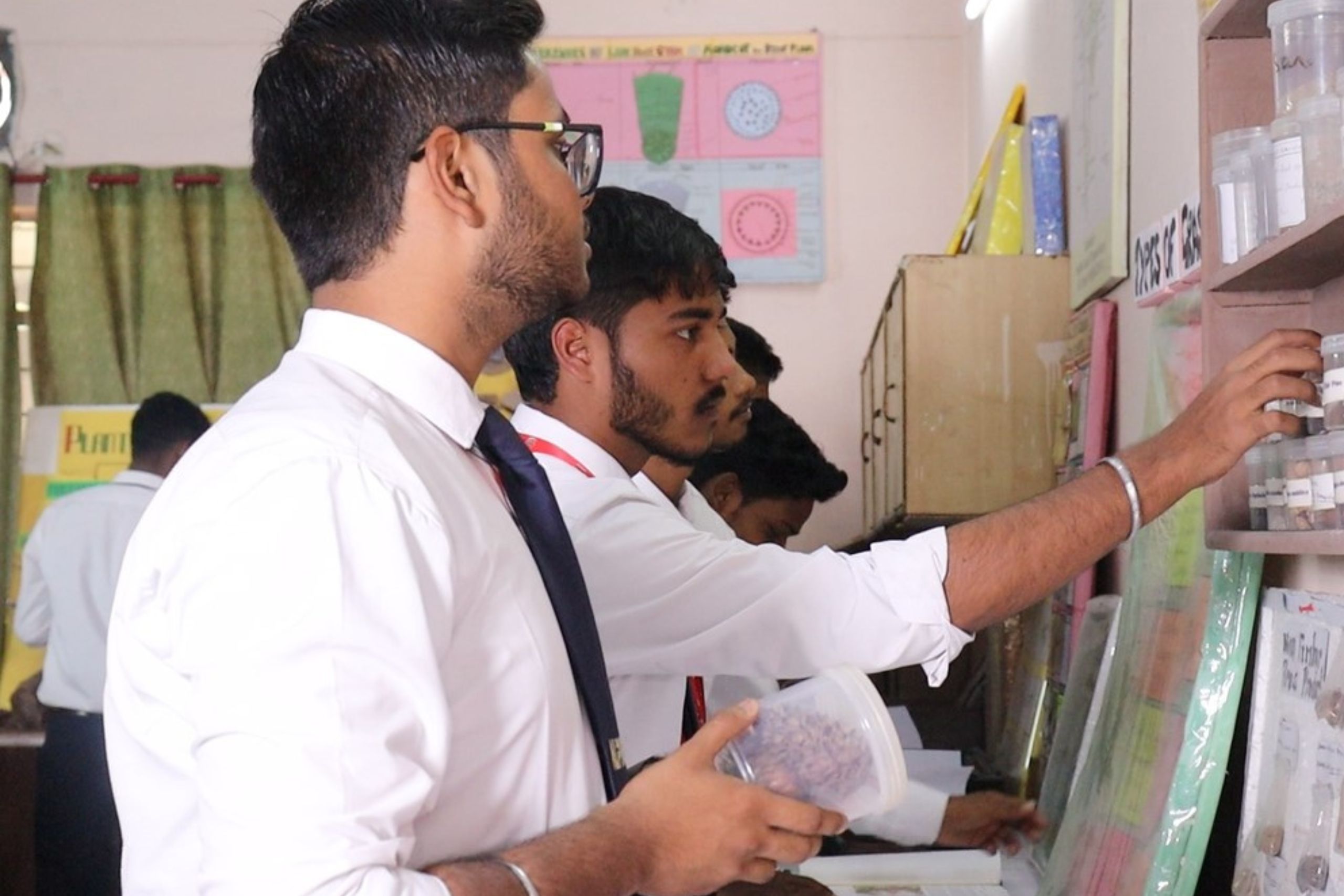
Life of a
Student in Microbiology
Delve into the microscopic world of pharmaceuticals. As a Master's student in Microbiology, your journey involves understanding the impact of microorganisms on drug development and disease prevention. It's a captivating blend of scientific exploration and ethical considerations, paving the way for a career at the forefront of healthcare advancements.
Download Brochure
Why Choose Alpine College, Dehradun?
UGC & Govt.-recognized programs
Experienced faculty & research mentors
State-of-the-art microbiology & biotech labs
Strong industry collaborations
Hostel & campus facilities in scenic Dehradun
100% placement assistance
Our Proud Alumni

Animesh Banerjee

Jameson

Mritunjay Chaudhary

Lakshmi S. Nath

Pasan Pavan Kalyan

Rahul Jaiswal

Shivam Kumar

Yadhika Ghatani

Praveen Kumar Thakur

Shaswat Deep

Ritik Kumar
Photo Library
Crafting careers, fueling dreams. Where learning meets adventure, everyday.





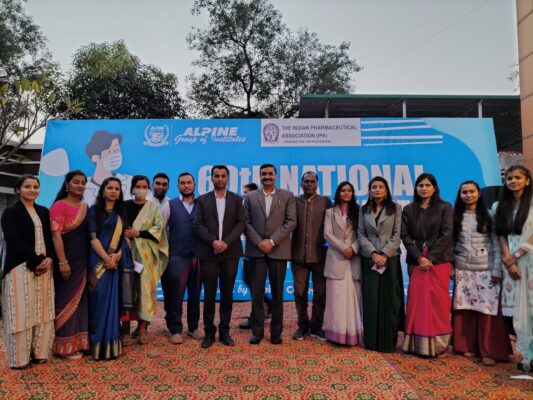
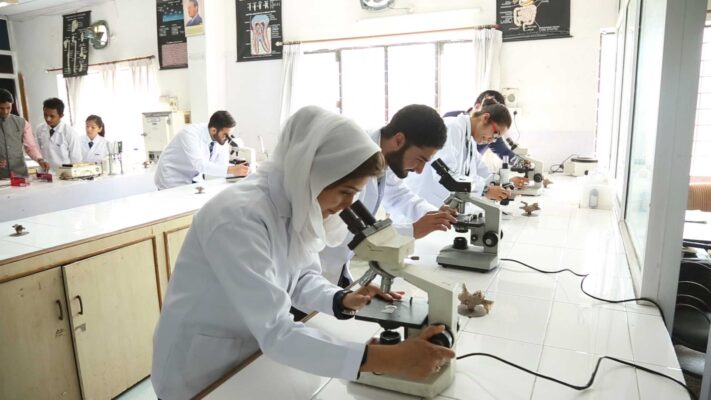
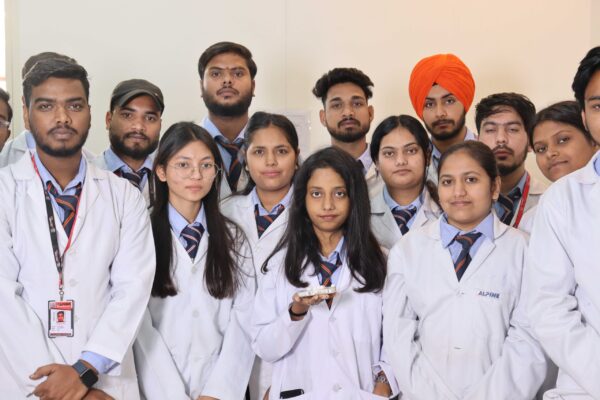
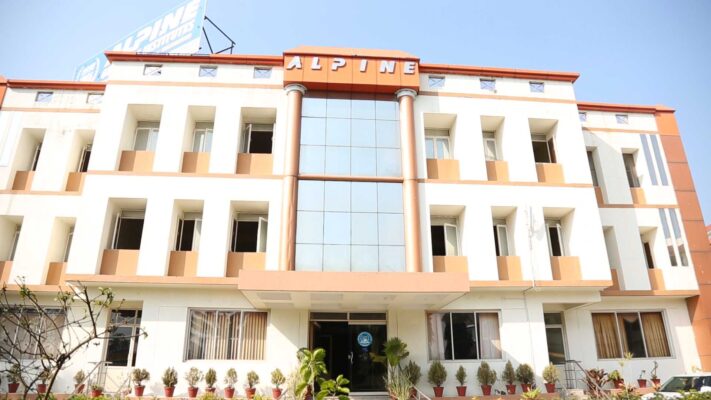

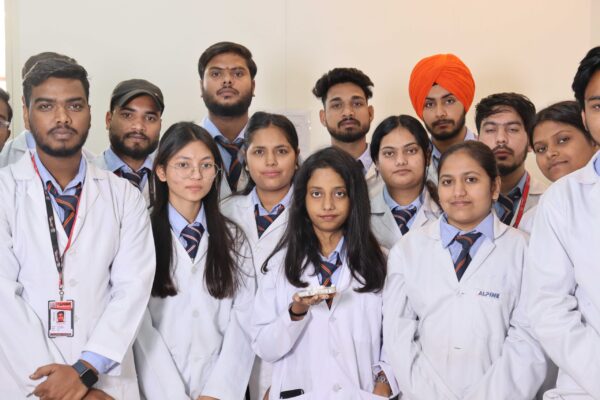

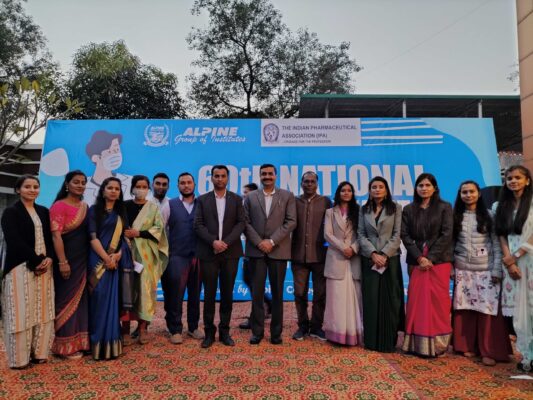

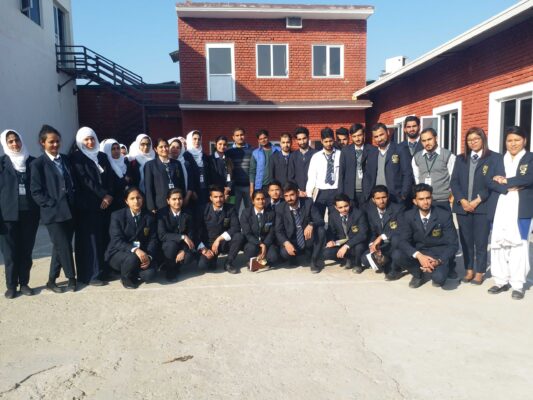
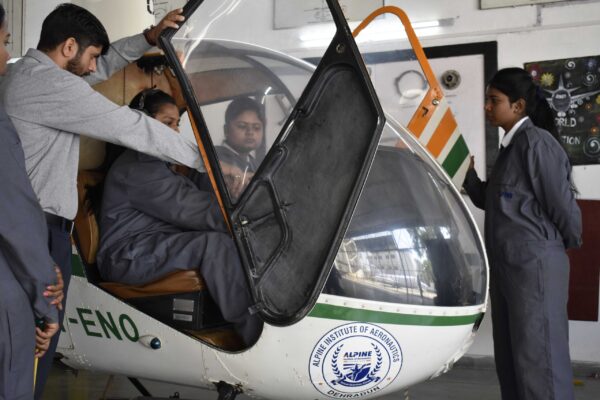
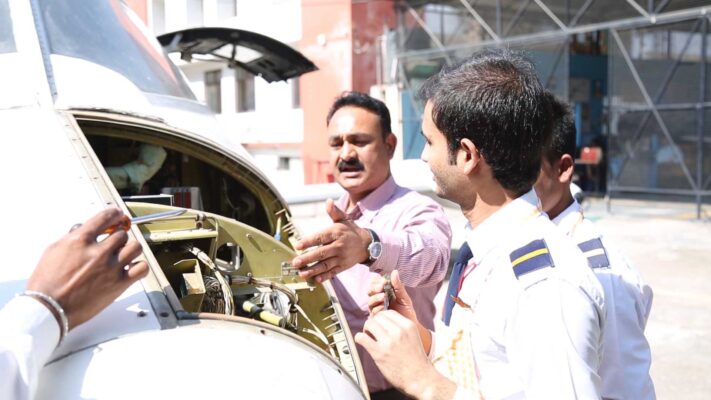
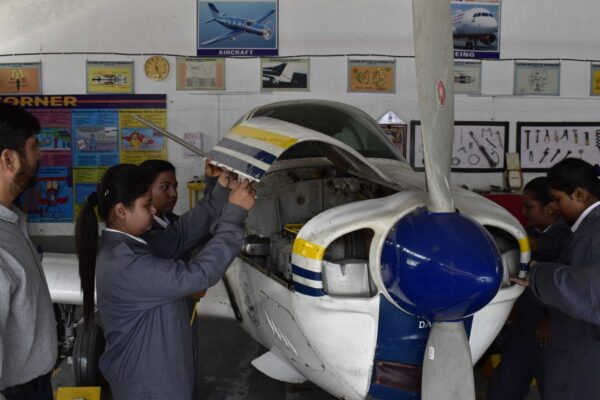

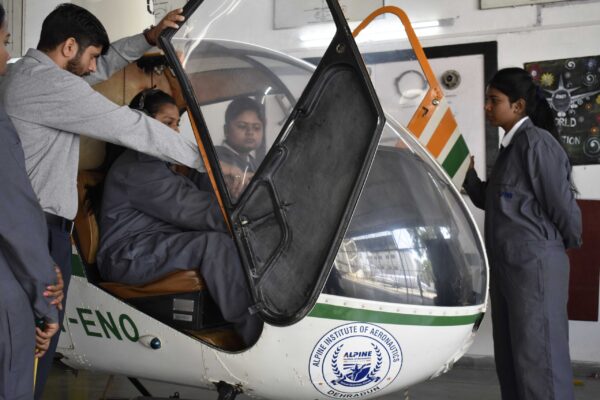
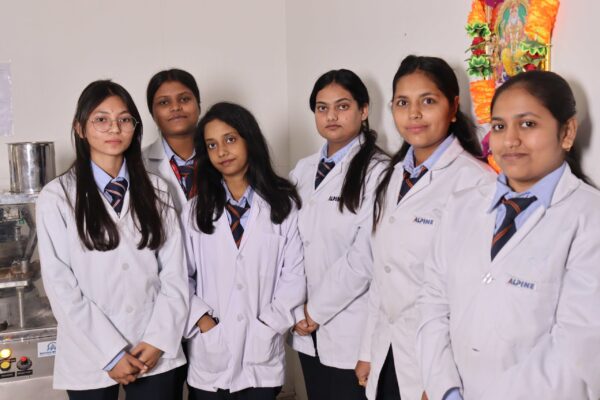
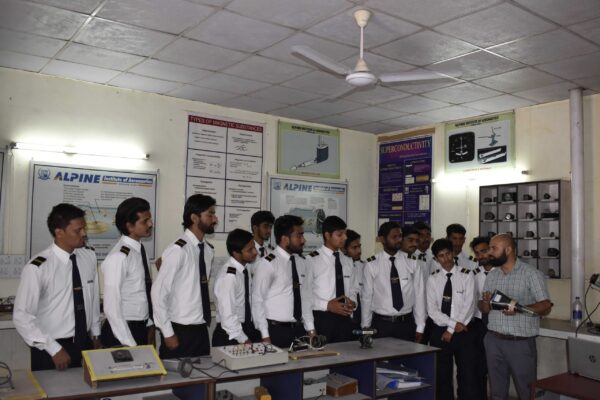
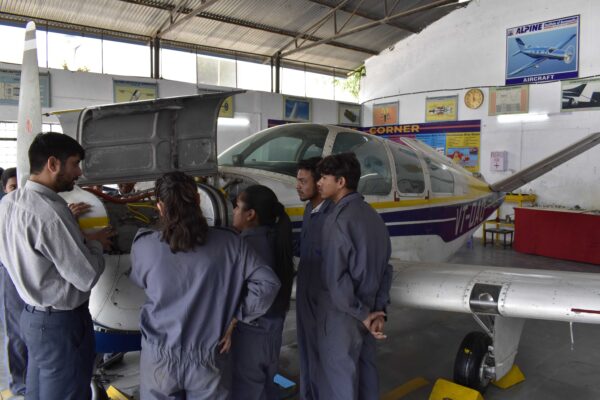


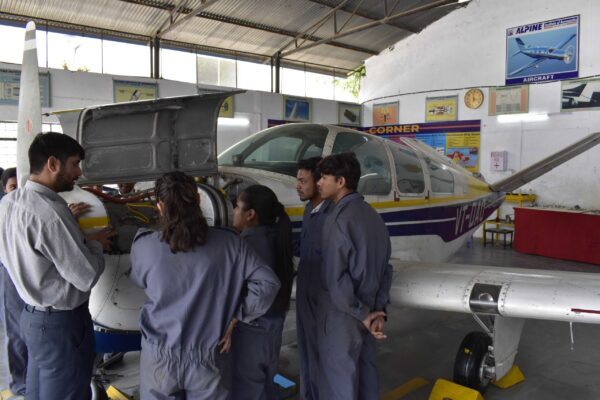
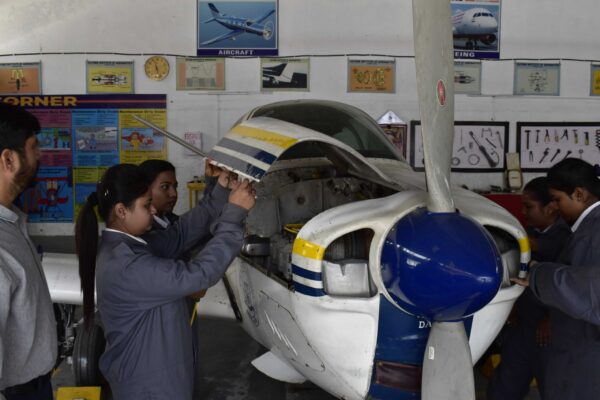



Frequently Asked Questions
Among aspirants who wish to work in medical, pharmaceutical, food and beverages, microbiology has become extremely popular as a relatively young and developing area. The field offers enormous prospects across several industries and covers diverse aspects of medicine, virology, pharmacy, and other domains. If you want to progress in your career, especially as a microbiologist, you must pursue a postgraduate degree such as an M.Sc. in microbiology. You will study a wide selection of core and elective subjects that will enable you to develop a successful career in microbiology, providing both theoretical and practical knowledge of the field. Microbiology master’s degree holders can find work in a range of sectors and companies i.e. academic institution, research centers, labs, agricultural and biotechnology research, pharmaceutical companies, and medical firms. You can also work as an assistant professor, research scientist, quality control officer, R&D scientist, science writer, or any combination of these positions after earning M.Sc. in Microbiology.
The curriculum of a microbiology course covers the study of bacteria and how they affect ecosystem and human health. Throughout this curriculum, the students will obtain profound understanding of the many characteristics, applications, and handling of microorganisms. Apart from their roles in agriculture, bacteria, viruses, fungi, and algae are also essential for the bioremediation of hazardous pollutants, microbial waste management, water treatment plants, and various other commercial activities like oil recovery and biogas generation included in M.Sc. Microbiology programmes. With a degree in microbiology, you can gain expertise in the aforementioned fields and find employment in a variety of settings, including pharmaceutical companies, forensic science labs, healthcare organizations, higher education establishments, food and beverage companies, and publicly funded research organizations.
The master’s programme in Microbiology, M.Sc., lasts two years (4 Semesters). The prerequisites for enrolment in M.Sc. Microbiology may vary from institute to institute. A B.Sc. degree in a life science subject i.e. microbiology, zoology, botany, biotechnology, B. Pharma, BPT or any other relevant filed is a prerequisite. You need to have received at least a 55% aggregate in order to be eligible for the course. For candidates in the reserved group, you ought to have 50%.
In-depth understanding of microorganisms, such as bacteria, viruses, and algae, as well as their roles in fermentation and waste management is taught in this advanced course. A M.Sc. in Microbiology is recommended for candidates who wish to pursue a career in research. A basic understanding of the roles played by bacteria, fungus, viruses, algae, and other microorganisms will be taught to students. The M.Sc. in Microbiology programme includes courses in virology, mycology, immunology, genetics, and microbial ecology, among other topics. With the ability to perform research and experiments in the field of microbiology, students possess excellent laboratory skills and procedures. Through coursework, research projects, and laboratory experience, students enhance their comprehension of microbiological topics. Microbiologists are crucial in areas such as food safety, disease prevention, vaccine research, and the development of novel biotechnological applications.




